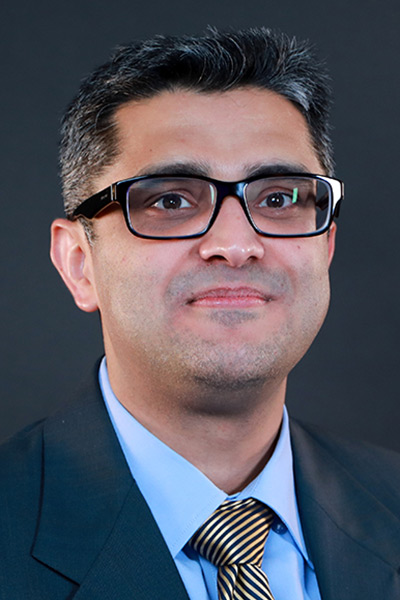At the end of last year, a CNN Business article declared that artificial intelligence (AI) was the “buzzword du jour” for 2023. It’s easy to see why investors and innovators are excited by the possibilities of AI, as it can potentially improve many aspects of the health care industry. While the technology is still rapidly developing, it is clear as AI evolves and health care adoption of it expands, clinicians must stay informed about the impacts these tools will have on clinical practices.

During How Will Artificial Intelligence Change Diabetes Clinical Practice? on Friday, June 21, a panel of experts will hold a multifaceted discussion analyzing several applications of AI in the clinical setting that could affect provider practices. The Ask the Expert session will take place from 2:00 p.m. – 3:30 p.m. ET in Room W320, the Chapin Theater, of the Orange County Convention Center and be livestreamed on the virtual meeting platform for registered meeting participants. It also will be available on-demand following the 84th Scientific Sessions.
Boris Kovatchev, PhD, Director of the University of Virginia Center for Diabetes Technology, will start the session by exploring the future of AI and diabetes data science.
“The clinical practice and research of diabetes are rapidly turning into data science because of the amount of data being collected and the inability of traditional statistical methods to handle them,” he explained.
Dr. Kovatchev asserted that while clinical practice today can be driven by knowledge from prior clinical trials or physician intuition, AI will lead to a paradigm shift in which providers will increasingly rely on data science methodology.
“The physician will become the interpreter sanctioning AI output,” he said.
Dr. Kovatchev will also discuss the impact of AI on clinical trials, such as using in silico or virtual clinical trials to improve studies’ efficiency and expand the possibilities for experimentation that cannot be done in vivo.

“These methods save a lot of money and significant time,” Dr. Kovatchev said. “I believe they will become more popular in the future because it becomes prohibitively expensive and virtually impossible to test every drug or algorithmic variation in real randomized clinical trials. There are just too many new things happening at once.”
Mudassir Rashid, PhD, Research Assistant Professor and Director of the Pharmaceutical Engineering Program, Illinois Institute of Technology, will discuss investigating AI and the future of multidisciplinary team structures. Patients with diabetes often interact with multiple providers, including specialists like certified diabetes educators and nutritionists. Dr. Rashid believes AI can improve patient care and assist health care professionals.
“AI is here to empower all health care professionals to help them improve the delivery of care and make it more accessible to a broader patient population,” he explained.
Data are abundant in health care, particularly diabetes management, but it can be challenging to utilize due to the sheer volume or the challenge of integrating disparate data sources. Data interpretation and management is one of the primary areas where Dr. Rashid envisions AI assisting clinicians using diagnostic and predictive algorithms.
“AI is going to make the provider’s job easier by making that data more accessible and utilizable by analyzing it, extracting the important insights, and surfacing the generated knowledge in a timely manner so the clinicians have that information readily available for their expert analysis and decision-making,” Dr. Rashid said.
According to Dr. Rashid, AI could also progress to help providers identify health conditions like diabetes in a much earlier stage of disease development.
“AI has the potential to analyze health care data and make predictions for who’s most likely to develop diabetes and its complications even before the symptoms manifest,” he said.
Peter G. Jacobs, PhD, Associate Professor of Biomedical Engineering, Oregon Health & Science University, will discuss AI and the future of diabetes devices. He directs the Artificial Intelligence for Medical Systems (AIMS) lab at OHSU. His interests include medical device design, ubiquitous sensing technologies, machine learning, control systems, and signal processing applied to type 1 diabetes technologies.

Register Today for the 85th Scientific Sessions
Join us in Chicago for the 85th Scientific Sessions, June 20–23, to learn about the latest advances in diabetes research, prevention, and care. Full in-person registration includes access to all of the valuable onsite content during the meeting and on-demand access to session recordings June 25–August 25.

